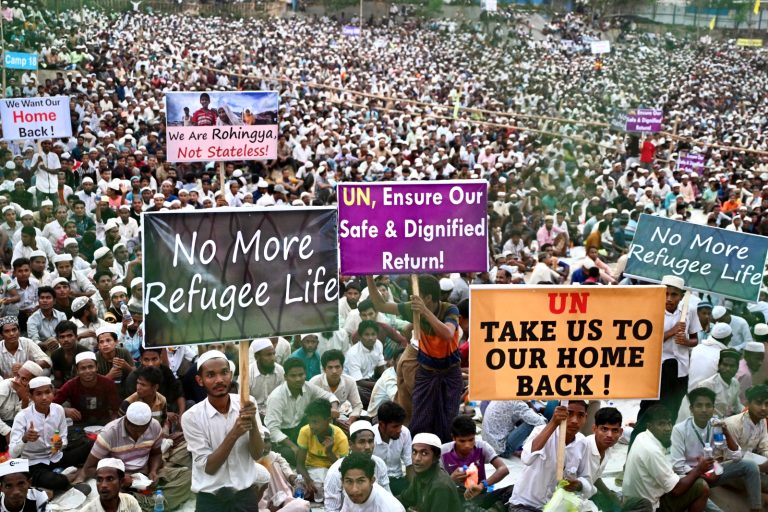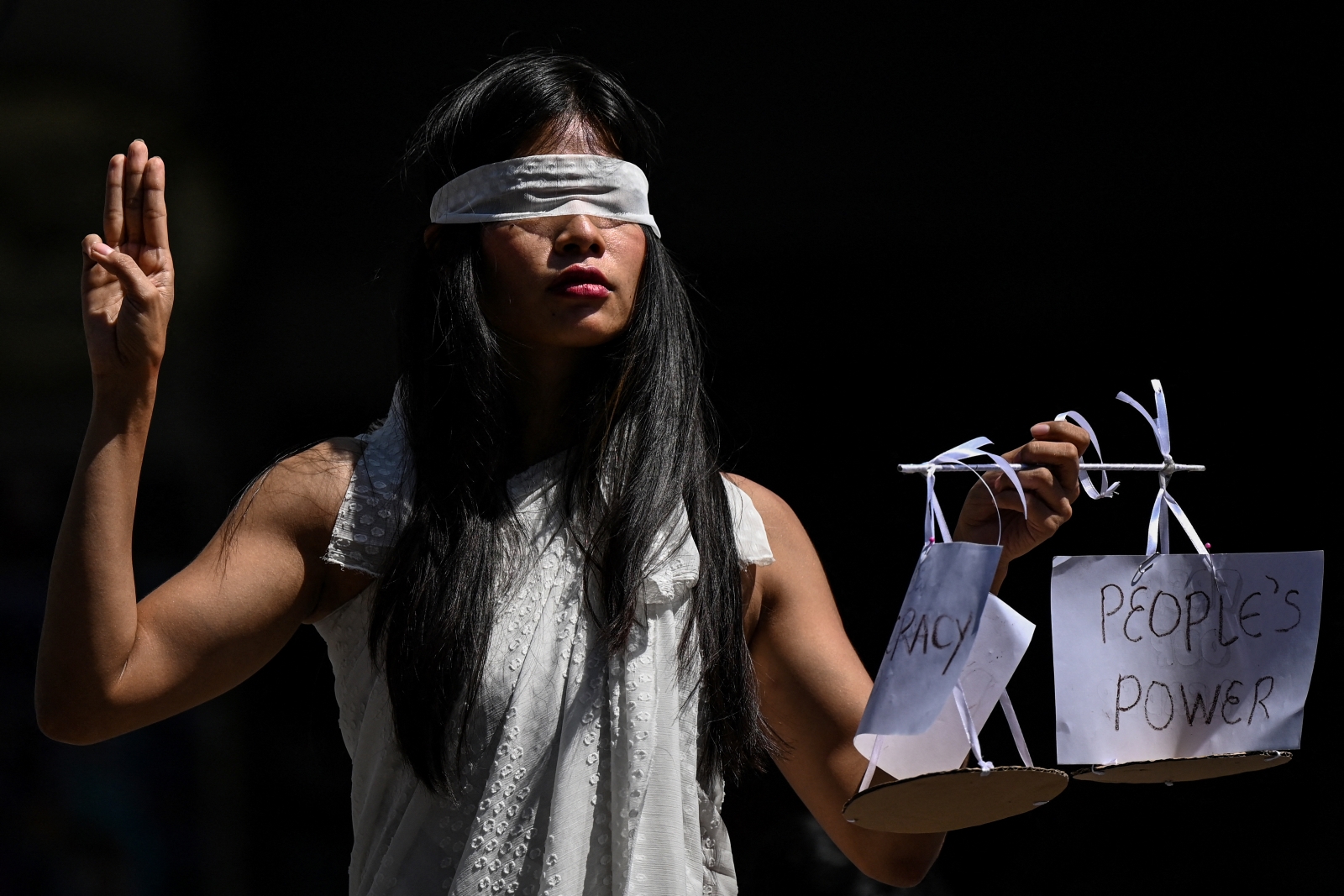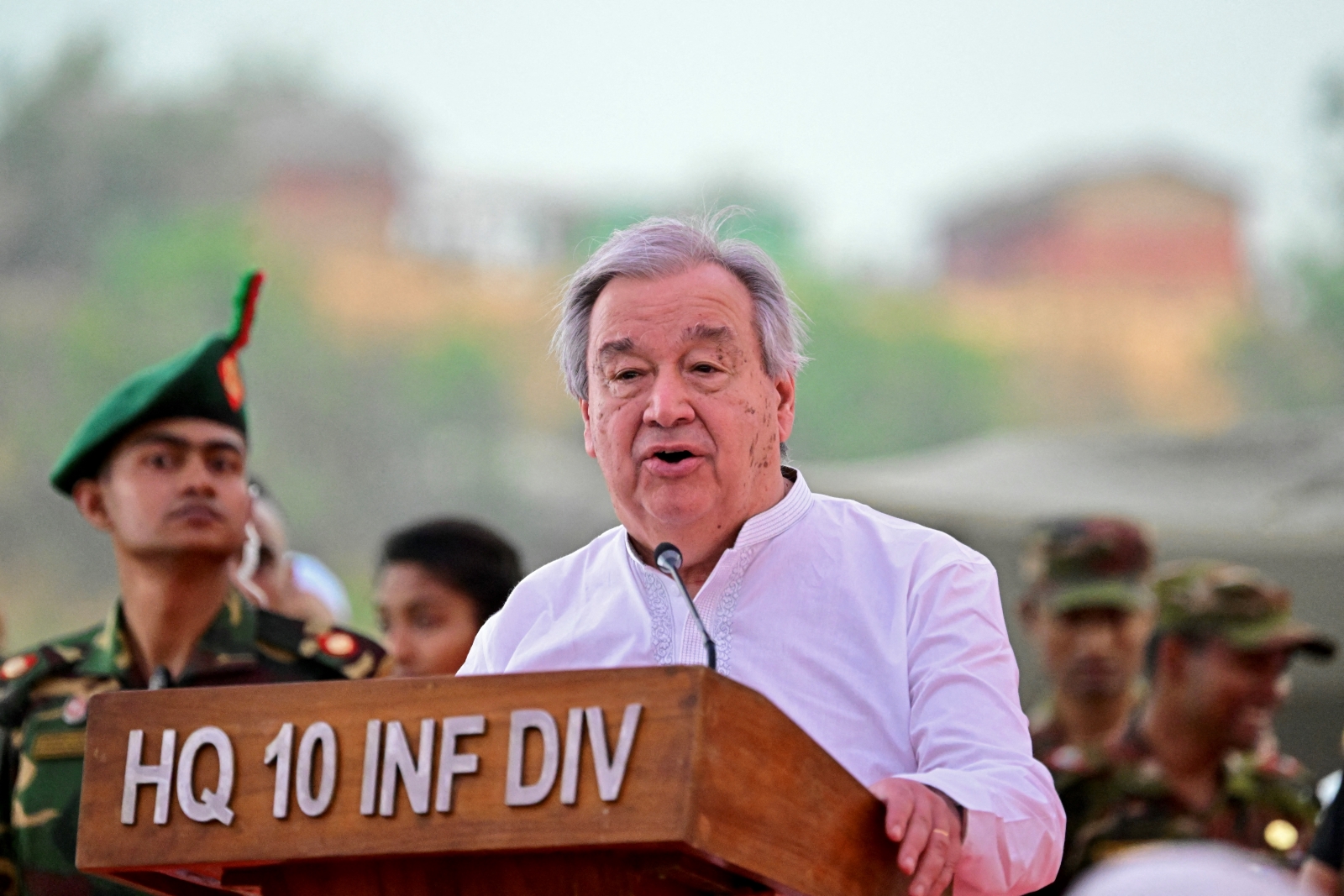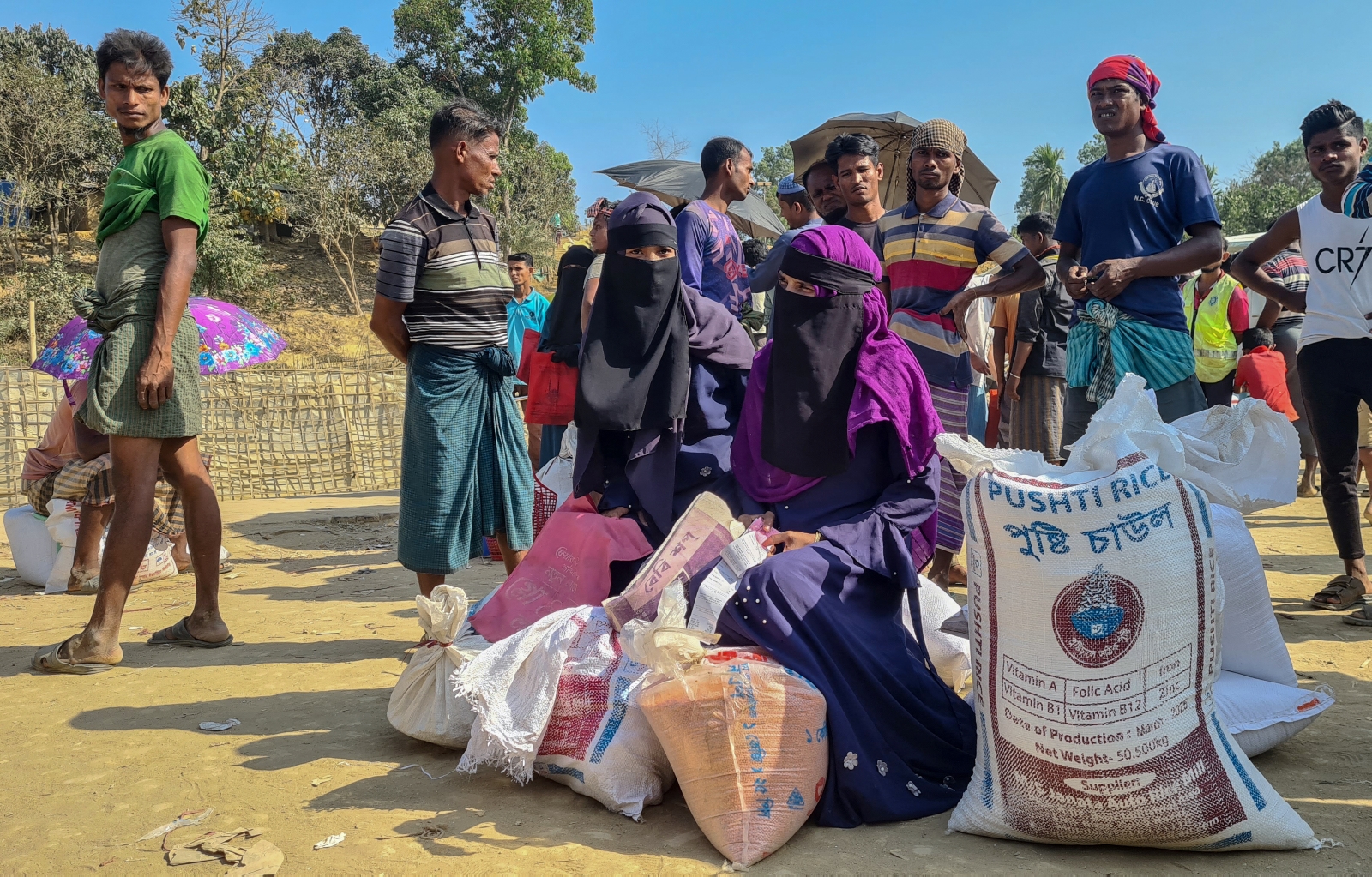An attitude of letting bygones be bygones might be politically opportune, but it will not make the poignant issue of transitional justice go away.
Should those who have committed atrocities during the civil war be held responsible? For many the answer to this question is an unqualified “yes”. In a democracy in which everybody is equal, crony or beggar, soldier or salesman, there can be no such thing as impunity. Some form of transitional justice is therefore needed to be able to move beyond the past and achieve true national reconciliation.
Outside Myanmar there have repeatedly been calls to form a UN commission of inquiry into war crimes, which could preclude finding justice. Through the years organisations such as Harvard Law School, the New York-based International Center for Transitional Justice, and the Obama Administration have all at some time pushed for such a commission to be established.
Last week the ICTJ released a paper in which it explores the practical steps it believes the government and civil society groups could take to address violations in Myanmar, past and present. Among these steps are truth-telling and reparations. The author of the paper, “Opening Up Remedies in Myanmar”, says that transitional justice does not have to amount to revenge and putting people on trial.
The author also writes that as a result of internal conflict an estimated 1.1 million civilians have been displaced and that impunity for the perpetrators has fueled further conflict and further violations. The researcher argues that the recently reported atrocities in Shan State and the treatment of the Rohingya Muslims in Rakhine State are a point in case. There is still a need to address the culture of impunity.
National League for Democracy leader Daw Aung San Suu Kyi, who is also the chairperson of the Pyithu Hluttaw Rule of Law Committee, has in a number of interviews indicated she would prefer to let bygones be bygones and that transitional justice is not on her party’s agenda.
Support more independent journalism like this. Sign up to be a Frontier member.
From the perspective of political strategy this might be understandable. The Lady needs army support for the transfer of power and to amend or suspend (although this is technically not possible) article 59(f) of the 2008 Constitution, that prevents her from assuming the presidency. The constitution has been drafted to protect former army leaders from being held responsible. This demonstrates that to the Tatmadaw top brass personal security is a top priority.
It is also a further indication, though, that the NLD puts political opportunism before democratic principles, as it did when it excluded Muslims from its list of election candidates.
Short-term gain might result in long-term pain. Memories of atrocities and feelings of hatred and unjust treatment do not fade easily. In neighbouring Bangladesh a tribunal was formed in 2009 to investigate war crimes committed during the 1971 war of independence from Pakistan. The tribunal has evolved into a political tool for the ruling government to get rid of the leadership of the Islamist Jamaat-e-Islami party. In November, its secretary general Ali Ahsan Mohammad Mujahid was executed, along with former minister and Bangladesh Nationalist Party MP Salahuddin Quader Chowdhury.
In Myanmar the issue of transitional justice is complicated; perpetrators can be found in both the Tatmadaw and the ethnic armies. But it is clear that it has not been the Bamar majority that has borne most of the brunt of five decades of conflict. Most of the atrocities were committed in ethnic areas.
Has Daw Aung San Suu Kyi consulted the ethnics, with whom she hopes to reconcile, about the matter? Or does the Bamar-centric NLD expect to achieve lasting peaceful solutions through parliamentary domination and unilateral decision-making? For now, the NLD deserves the benefit of the doubt. But one hopes that in the coming months the need for transitional justice will be acknowledged and incorporated in the five-year program of the incoming government.






